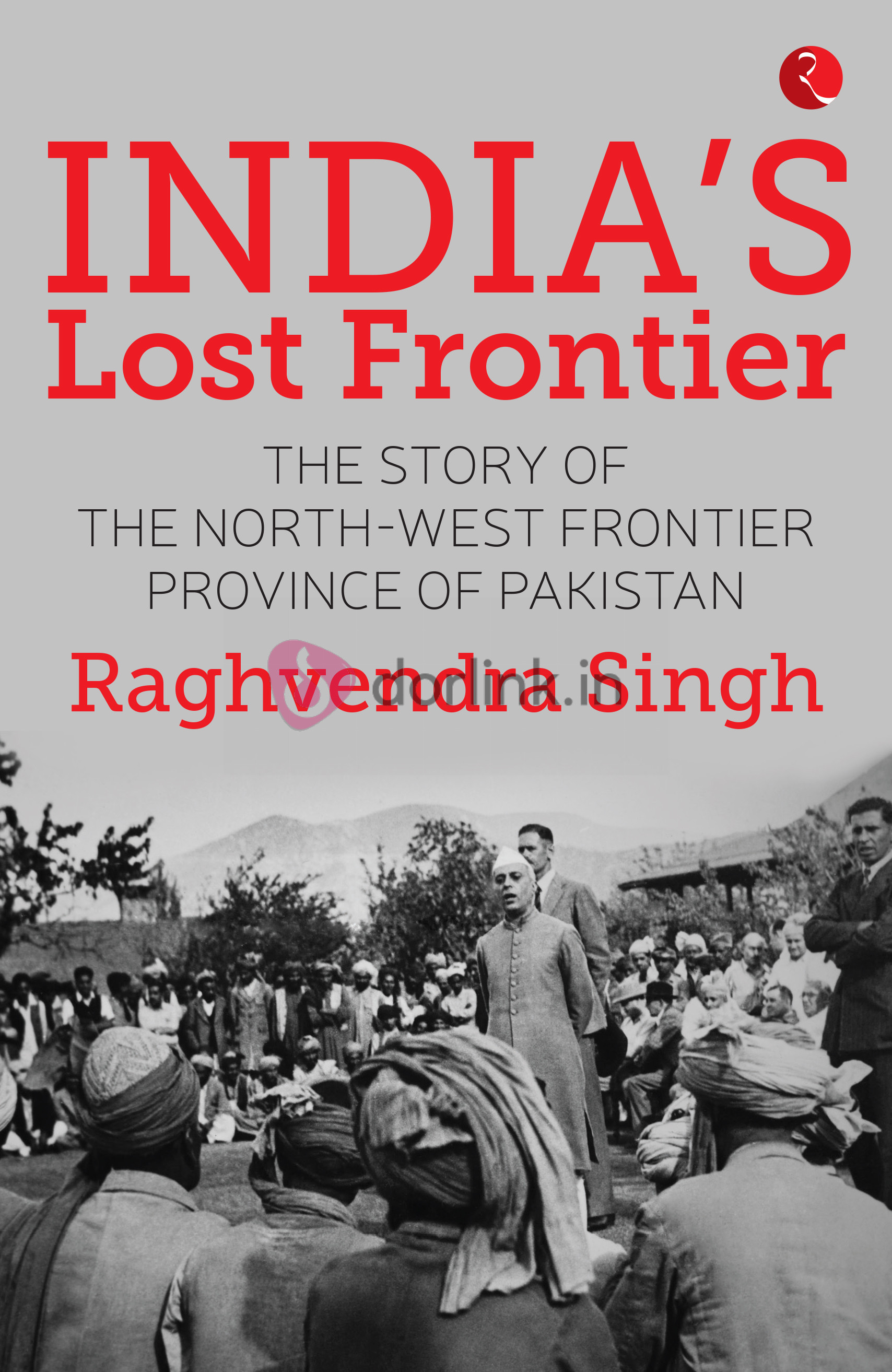Writer : Raghvendra Singh
- Shipping Time : NA
- Policy : Return/Cancellation?
You can return physically damaged products or wrong items delivered within 24 hours with photo/video proof.
Contact Customer Support for return initiation and receive return authorization via email. Securely package for return.
Refunds for eligible returns are processed within 7-10 business days via Bank Transfer.
Order cancellation allowed within 24 hours of placing it. Standard policy not applicable for undamaged/wrong product cases. Detailed info. - Genre : Essays>Archaeological & Historical Facts
- Publication Year : 2019
- ISBN No : 978-81-29134-62-2
- Binding : Card Board (Hard) with Gel Jacket
- Pages : 536
- Weight : 600 gms
- Height x Width x Depth : 8x5x0.5 Inch
About the Book
The North West Frontier Province (NWFP), now Khyber Pakhtoonkhwa, has always remained tactically important. In the years leading up to India’s Partition and Independence, it significantly engaged the attention of British and Indian political figures. This province negated Jinnah’s ‘two nation’ theory, for the NWFP was overwhelmingly Muslim and yet elected a Congress government in 1946. This upset calculations, primarily of the British. It became imperative to snatch the province away from the Congress. A referendum was ordered and the elected Congress government dismissed on 22 August 1947, within a week of India’s Partition. The Congress leadership had allowed NWFP to be lost to India. Only Mahatma Gandhi and the Khan brothers—Khan Abdul Ghaffar Khan and Dr Khan Saheb—had resisted surrendering this claim over NWFP.
It was in Britain’s strategic interest to partition India. It was also in Britain’s interest that NWFP and Baluchistan, the two frontier provinces of undivided India, join Pakistan. Why then, even after more than seven decades of India’s Independence, do we still question the inevitability of Partition?
In this exhaustive study of the NWFP and its adjoining area of Afghanistan, Raghvendra Singh argues that with an increasingly powerful China knocking on India’s door, it is imperative to recognize that the docile acceptance of NWFP’s loss in 1947 may have serious consequences for India’s security in times to come.

